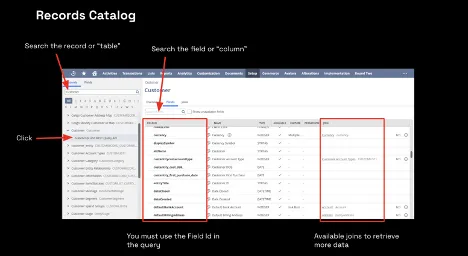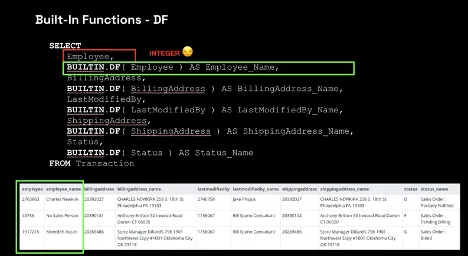Seamless SSO Integration: One Login for Shopify & SuiteCommerce MyAccount
UnlockCommerce’s SSO integration connects Shopify with SuiteCommerce MyAccount. Customers log in once, move freely between storefront and portal, and handle their own orders, invoices, and cases—no extra passwords, no duplicate data. See how the solution




